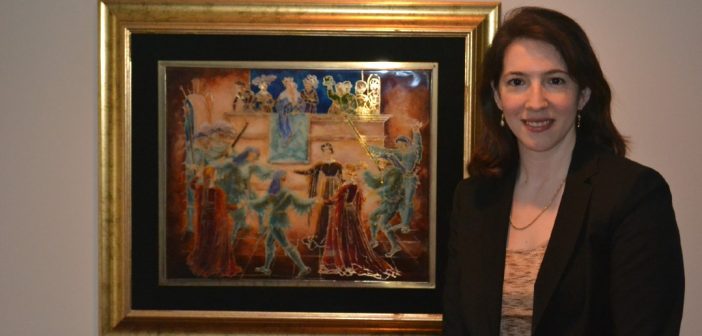Adjunct Professor Leila Amineddoleh’s article, published in the Fordham Intellectual Property, Media and Entertainment Law Journal, on the federal regulation of museum antiquities acquisitions, was quoted in The Regulatory Review.
After the U.S. invasion of Iraq, looters stole thousands of Iraqi artifacts, which may now be purchased online for relatively low prices. Although the United States has returned many of these artifacts, thousands have slipped through the cracks. Service members have allegedly brought home stolen artifacts as war trophies without repercussion. One museum in Washington, D.C. has a history of purchasing looted Iraqi artifacts. Despite a $3 million fine, the museum is struggling to identify all of the stolen artifacts to be returned.
…
Federal regulators should oversee the museum acquisition of antiquities, Leila Amineddoleh of Fordham School of Law argues in an article published in the Fordham Intellectual Property, Media and Entertainment Law Journal. Federal regulation is necessary and justified, Amineddoleh claims, in part because the illegal antiquities market has funded terrorism. “Museums play a crucial role in the black market art network,” Amineddoleh reports. One way to decrease black market demand for illegal items––disrupting one avenue of funding for terrorist organizations––is to ensure the legality of all museum acquisitions. She proposes increased penalties for complicit museums and more aggressive prosecution of the museum representatives responsible for questionable acquisitions.




